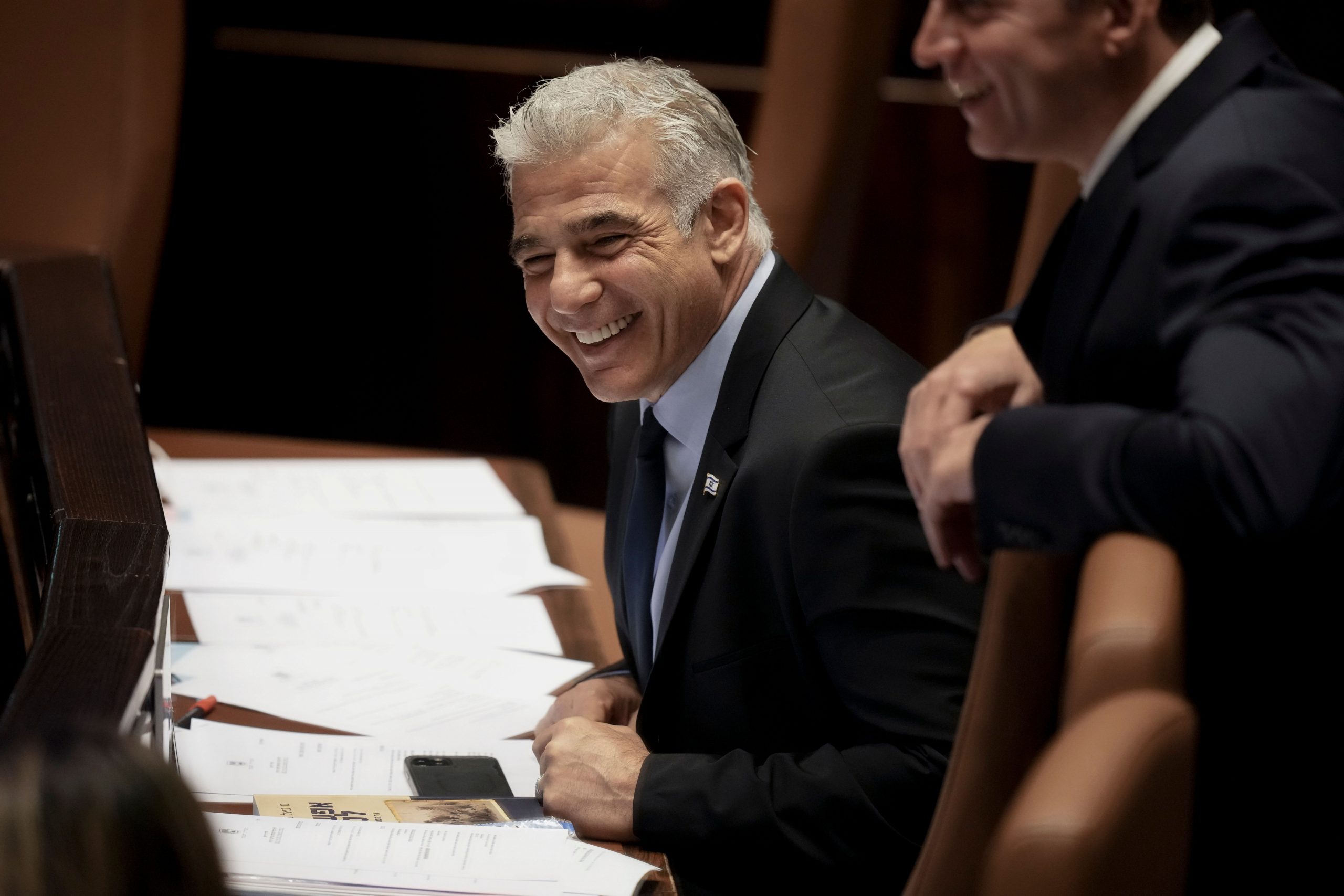Israel’s election on Tuesday, the country’s fifth since 2019, largely pits familiar faces against one another in a tight race. Former Prime Minister Benjamin Netanyahu, now the opposition leader, is hoping to return to power and replace his main rival, interim Prime Minister Yair Lapid.
The election is once again seen as a referendum on Netanyahu’s fitness to rule while he faces corruption charges. One new player has burst onto the scene. Far-right politician Itamar Ben-Gvir has been surging in opinion polls and could be key to lifting Netanyahu to victory.
Here’s a look at the main players:
Benjamin Netanyahu
After more than a year in the opposition, Israel’s longest-serving prime minister seeks a return to power while on trial on charges of fraud, breach of trust and accepting bribes. His Likud party is projected to remain the largest in the 120-seat Knesset, and he aims for a majority through support of ultra-Orthodox and ultra-nationalist allies.
Netanyahu’s campaign has focused on attacking the perceived shortcomings of the government that ousted him last year, and decrying its inclusion of an Arab party. Election polls project that his Likud party and its presumed allies are hovering close to the 61-seat parliamentary majority required to form a governing coalition.
Yair Lapid
Israel’s caretaker prime minister took office in June after the ruling coalition he cobbled together disintegrated. He has campaigned on his government’s accomplishments in its limited time in office, including the recent maritime border deal with Lebanon.
Polls predict that Lapid’s Yesh Atid party will be the second-largest party, after Likud. It remains unclear whether he will once again be able to unite disparate parties and form a coalition instead of Netanyahu.
Also Read: Conspiracy theories, misinformation find place in Elon Musk’s Twitter
Itamar Ben-Gvir
The co-leader of the Religious Zionism party has a long history of anti-Arab rhetoric — including convictions for incitement and supporting a terrorist group. As a lawyer, he spent much of his career defending Jewish extremists in court.
His party is ardently pro-settlement in the occupied West Bank, takes an even harsher line toward Palestinians living there and has cast doubt on the loyalty of Israel’s own Palestinian minority. Many of its leaders are openly homophobic.
Ben-Gvir, heir to the outlawed racist Kach party, has pledged support for Netanyahu — and has hone so far as to promise to annul the former prime minister’s trial and to be put in charge of the country’s police force.
Religious Zionism is projected to balloon to the third-largest party in parliament, more than doubling in size since the last election and giving it a powerful voice in any Netanyahu government. In part it is buoyed by support from young ultra-Orthodox voters.
Benny Gantz
Israel’s defense minister joined forces with other former Netanyahu allies — including Justice Minister Gideon Saar — after the break-up of the last government. He has campaigned on the issues of national security and preventing Netanyahu from returning to power.
Also Read: Who was Mehrshad Shahidi, 19-year-old chef beaten to death amid anti-hijab protests?
A campaign video released Sunday said: “We must stop the shame. We must stop the threat,” referring to the possibility of Ben-Gvir becoming a Cabinet minister. Gantz’s Machane Mamlachti is projected to win around 10 seats in parliament, which would likely make it the fourth largest.
Gantz appears to have the most crossover appeal of any of the members of the anti-Netanyahu bloc. He could become a key player in post-election coalition negotiations.







